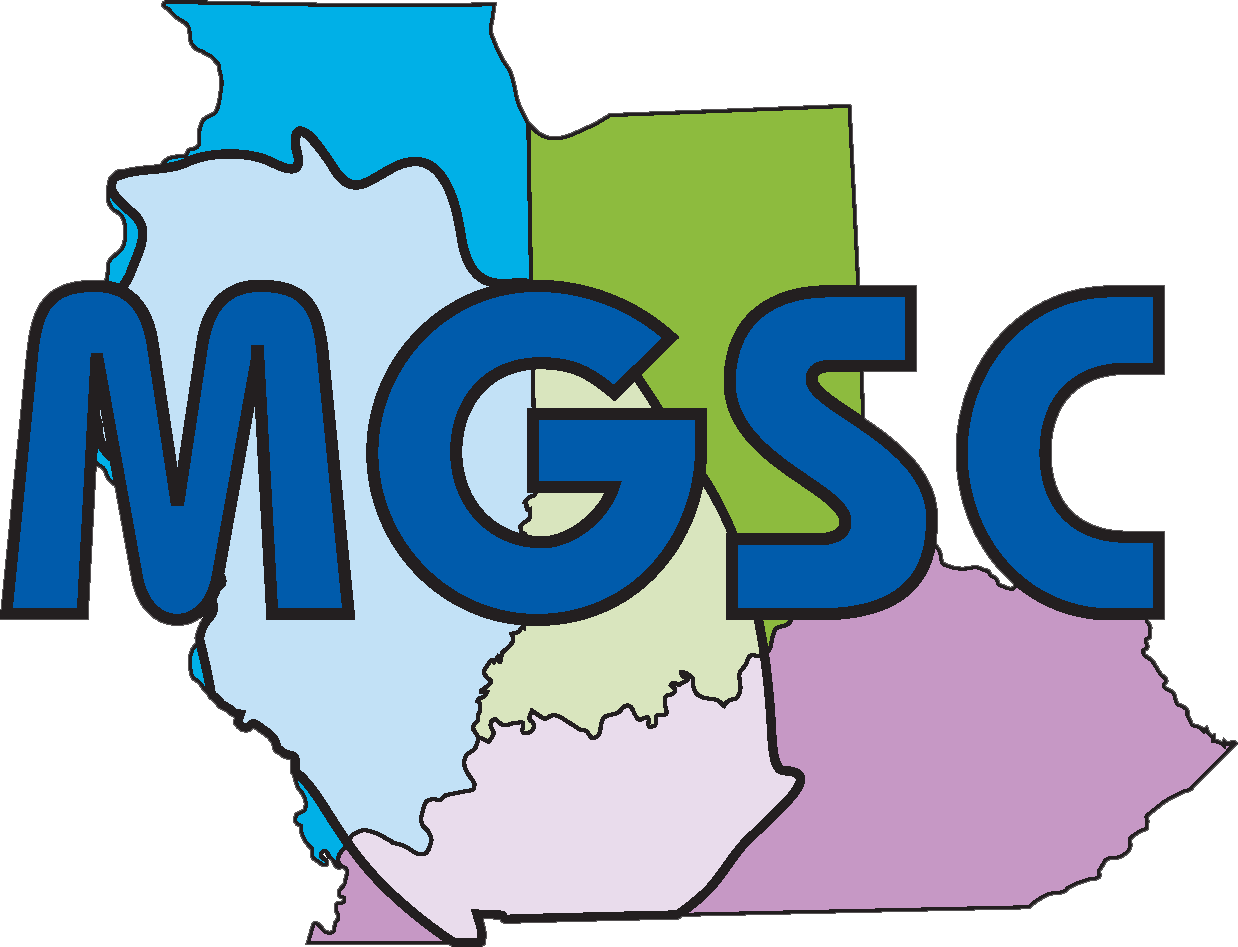Computational Methods
in Water Resources
XIX International Conference
![]() June 17-21, 2012
June 17-21, 2012
at the University of Illinois at Urbana-Champaign
Special Session on:
Advancing the Prediction Skill and Efficiency of Flood Inundation Models in a Data-Rich Environment: Algorithm Design, Meshing, Coupling and Parameter Estimation
Conveners:
Brett Sanders, UC Irvine
Paul Bates, Bristol University
Featured Speakers:
Guy Schumann, University of Bristol, "Assessing forecast skill of a large scale 2D inundation model of the Lower Zambezi River with multiple satellite data sets"
Ryota Tsubaki, Hiroshima University, "Structure of inundation flow over complex topography"
Description:
Engineers and hydrologists now have access to a wealth of land surface data to support flood inundation modeling including aerial and terrestrial laser scanning data (lidar), classified land surface data, flood control infrastructure data, building geometry data, gage data, optical and microwave observations of flood extent, and flood altimetry data. Along with advances in computational methods and computing systems, these data have enabled improved modeling of inundation dynamics including a trend towards high-resolution models that provide a localized characterization of flood intensities that can be important for flood damage assessment and emergency management. In addition, the coupling of hydraulic and hydrologic models has allowed researchers to link localized flood risk to larger scale processes and improve understanding of both trends and uncertainty in flood risk. This session encourages submissions focused on improving the prediction skill and efficiency of flood inundation models in a data-rich environment. Topics of interest include algorithm design, meshing, coupling of hydraulic and hydrologic models, parameter estimation and uncertainty. Submissions that link hydraulic model skill with flood damage prediction and emergency management are also welcome.
Paper and Abstracts:
GIS-Based Decision Support System for Integrated Two-Dimensional Flood Analysis and Consequence Analysis
Mustafa Altinakar, Marcus McGrath, Vijay Ramalingam, Hamzeh Omari
Flood Prediction in an Urbanized Embayment: Advancing the predictive skill of urban flood models through the integration of tide, surge, wave and flood control processes
Timu Gallien, Brett Sanders
Coupling 1D and 2D Hydraulic Models for Improved Flood Prediction in Urban Areas
Byunghyun Kim, James Famiglietti, Brett Sanders
A fast numerical model for tsunami propagation and inundation
Shuangcai Li, Dag Lohmann, Feng Yue
GIS Based Adaptive Grid Solution to Flood Inundation
Qiuhua Liang
Building treatments for urban flood inundation models and implications for predictive skill and modeling efficiency
Jochen Schubert, Brett Sanders
Assessing forecast skill of a large scale 2D inundation model of the Lower Zambezi River with multiple satellite data sets
Guy Schumann, Jeffrey Neal, Kay Phanthuwongpakdee, Nathalie Voisin, Thomas Aspin
Coupling of 1D and 2D hydrodynamic equations for stream and floodplain interaction
Cesar Simon, Eddy Langendoen, Jorge Abad
Structure of inundation flow over complex topography
Ryota Tsubaki, Yoshihisa Kawahara
Analysing the Uncertainty from using Different Representations of Physical Processes in Inundation
Nigel G. Wright, T. Willis, P. A. Sleigh


